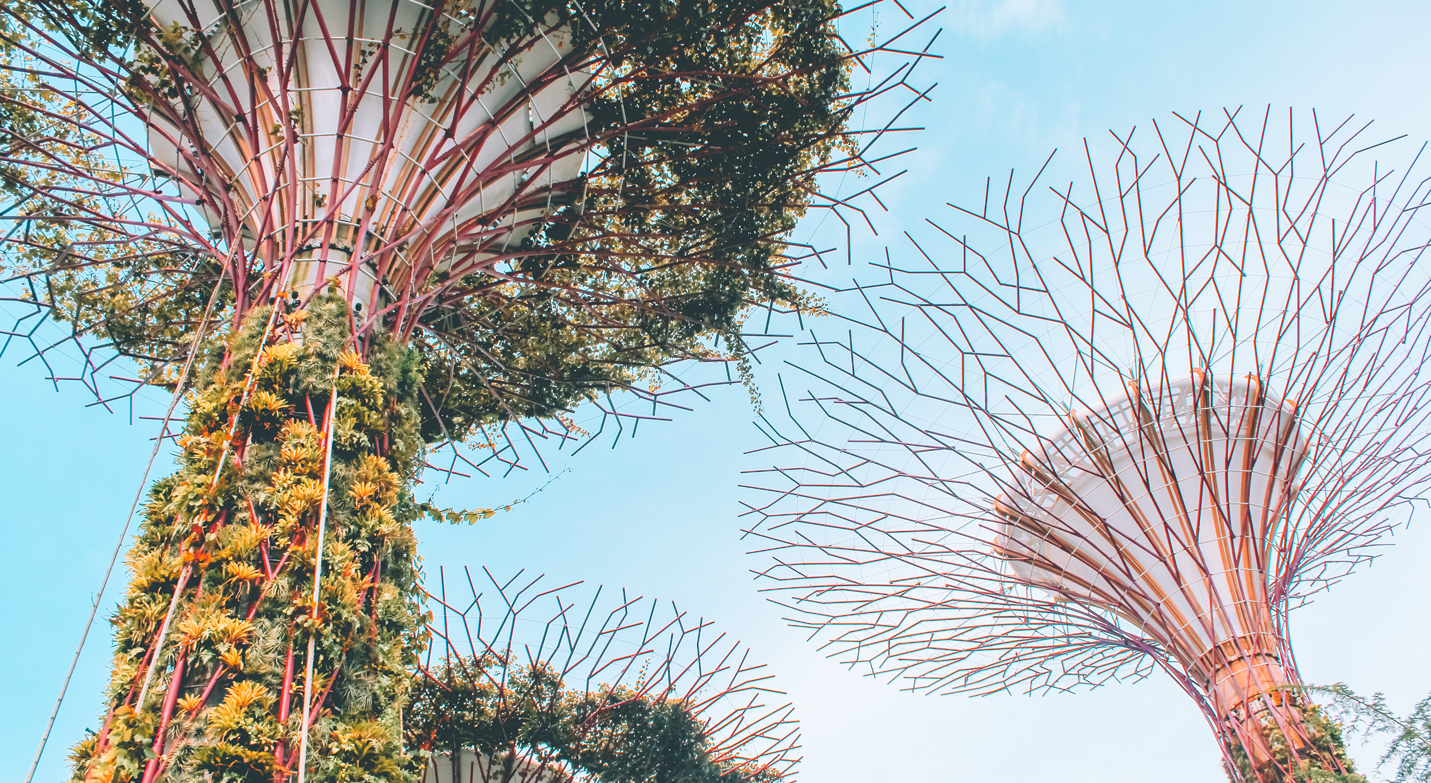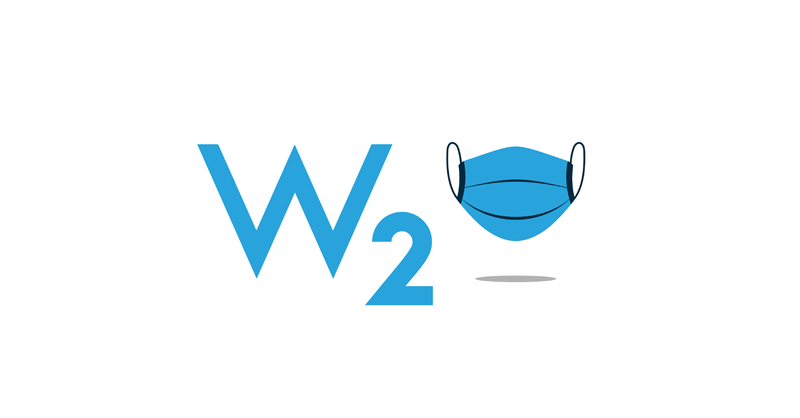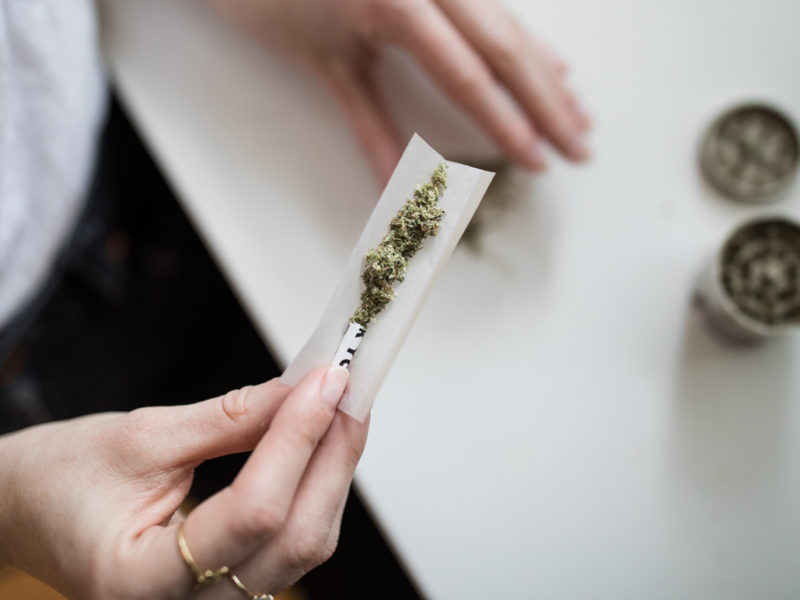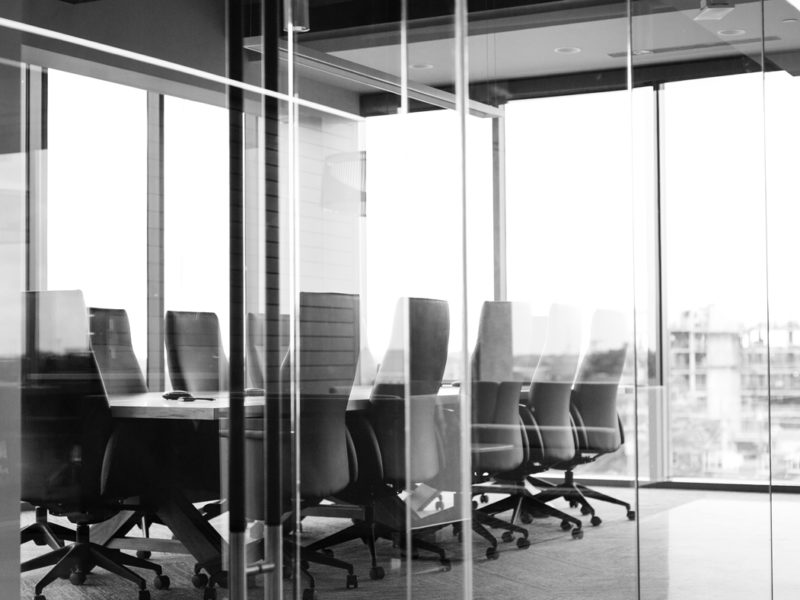
How is the Covid-19 lockdown reframing global sustainability?
April 2020 marked the 50th anniversary of Earth Day. Looking back, we realize that we have seen significant changes to the planet in those fifty years—not all of them positive. As The Marketing Store’s Head of Sustainability, I regularly think about ecological matters, and here are my insights on the intersection of the environment with another top-of-mind issue: Covid-19.
Many have argued that the current lockdown has changed perceptions of climate change for the better. As skies become clearer and wildlife returns to once populous areas, people all over the planet are becoming more aware of their daily environmental impact. The situation has proved that it’s impossible to have a healthy population with an unhealthy planet, reinforcing the link between environmental and personal wellbeing that those who practice mindfulness have advocated for time and time again.
Here are five things the pandemic has taught us, which could have a positive impact on global sustainability goals:
Bats aren’t the bad guys, we are.
Research carried out in the aftermath of other pandemics such as HIV, Ebola and SARS has warned that deforestation may be causing unintentional environments to develop which host new viruses. Unfortunately, it’s taken another global pandemic for the world to realize that this could turn into a very serious problem.
In the natural world, animals such as bats and the viruses they carry are typically limited by their own ecosystem. If humans keep pushing the boundaries, then they create an environment in which ecosystems are disturbed, making it easier for viruses to jump between mammals and humans. Think of ecosystem distinctions as the planet’s defense mechanism.
Behavior change is easier than we think.
If four months ago you’d asked anyone to imagine a world where humans didn’t fly, cut out all but essential journeys from their homes and had a renewed appreciation for locally farmed produce, they would’ve told you it was impossible.
Covid-19 proved that wrong.
When the lockdown is finally lifted, I am optimistic that some of these new behaviors will remain in place—that our renewed care for planet and each other will be a long-term and not just a short-term response. We may see a delay or pause in climate change related policy as governments and businesses focus on short-term survival, but ultimately, we will change how we do business, the way we travel, what, where and how we buy and how we interact with friends. Because we have to.
Flexible and long-distance working.
Technology has played an absolutely essential role in this pandemic. We’ve proven that working entirely through video conferencing is not only possible, but manageable long-term.
A reduction in commuting has correlated to a reduction in emissions, and the planet is starting to benefit as a result.
So, what if—post-Covid-19—flexible working became the norm? Lockdown has proven we can work from anywhere around globe. Why not put that into practice? Why not travel or live in exotic places for a longer period of time? This would limit holiday air travel, reduce commuting and provide new income to areas typically based on seasonality.
Conscious consumers and purposeful brands.
Thanks to the restrictions imposed by lockdown, more people are shopping locally for their food. A small supply chain is seen as a positive thing, not only for the quality of the produce, but the local economy.
The coronavirus pandemic is showing us that the brands that will prosper are the ones that focus on “purpose.” Many alcohol and fashion brands have admirably pivoted their supply chains to produce sanitizer or protective equipment, while restaurants that were forced to close have decided to deliver free food to health workers. In Suzanne Muchin’s 2019 Chicago Ideas talk, “How to Perfect Your Pitch” she argues that “people aren’t buying your product or service, they want to invest in why it matters to YOU.” I’d argue that purpose and integrity will matter even more in a post-Covid-19 world.
A new dimension to climate change.
Until now, the concept of climate change has largely been linked to changes in weather patterns and seasonality. Covid-19 has proven that its impact is so much more complex than that.
Nature has a very sensitive balance. It’s like a Jenga game. If we start taking out various pieces, the structure is not as strong. Maybe it still balances, but there is a point at which the whole ecosystem collapses. That collapse has severe and sometimes irreversible outcomes, such as desertification, droughts and, of course, the spread of disease in the form of pandemics.
It is clear that we must learn from what the earth has been telling us for years. Record-breaking fires, floods, melting icecaps and extreme weather conditions are nature’s way of reminding us that it is not just a commodity. It is an essential and finite resource. Looking after the planet needs to be our legacy and our priority. Even if that means sacrificing the “convenience” we are so used to.
That’s why The Marketing Store is committed to driving sustainable innovations and researching sustainable solutions on behalf of our clients and the planet. We know that we are only one part of a much bigger picture, but we also know that there’s still so much more to do.
Life after lockdown is going to be different, but it’s also a great opportunity for optimism, and we plan to approach every challenge it brings with integrity, accountability and creativity.
Our work is never finished.
 Pamela Stathaki joined The Marketing Store in August 2019 in the new and important role of Head of Sustainability. Her focus is to work with TMS’ researchers, developers, engineers and designers to find the right sustainable solution for the firm’s toys all the while making sure the toys are safe, fun and as environmentally friendly as possible.
Pamela Stathaki joined The Marketing Store in August 2019 in the new and important role of Head of Sustainability. Her focus is to work with TMS’ researchers, developers, engineers and designers to find the right sustainable solution for the firm’s toys all the while making sure the toys are safe, fun and as environmentally friendly as possible.
Originally published in Little Black Book’s Influencers newsletter.




